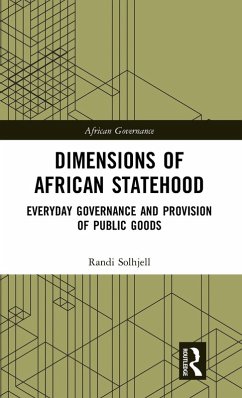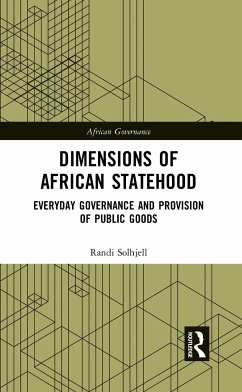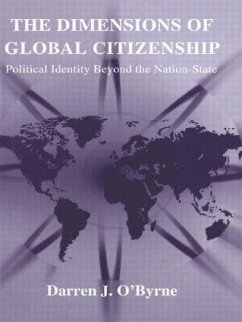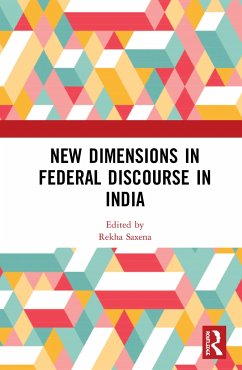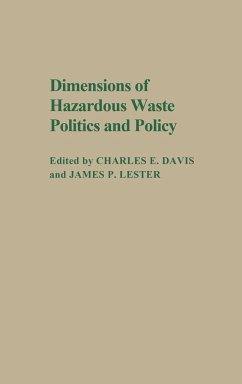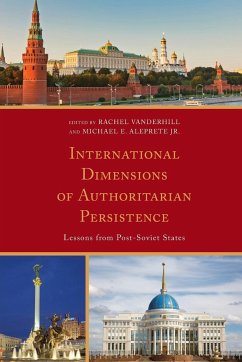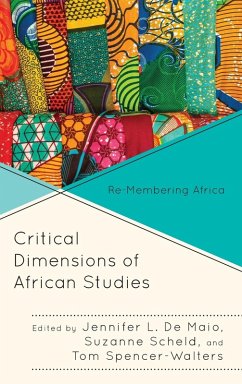
New Dimensions of Politics in India
The United Progressive Alliance in Power
Herausgeber: Saez, Lawrence; Singh, Gurharpal
Versandkostenfrei!
Versandfertig in 1-2 Wochen
118,99 €
inkl. MwSt.

PAYBACK Punkte
59 °P sammeln!
Following India's general election in May 2009, this book undertakes a critical evaluation of the performance of the United Progressive Alliance (UPA). It presents a thorough analysis of the UPA coalition government, and by providing an understanding of the new innovations in the UPA's policies, the book goes on to evaluate the effectiveness of these policies against their aims and objectives.





